Each year, Sirens chair Amy Tenbrink posts monthly reviews of new-to-her books from the annual Sirens reading list. You can find all of her Sirens Book Club reviews at the Sirens Goodreads Group. We invite you to read along and discuss!
Several months ago, I read three young adult books in a row. No, I’m not telling you what they were, but yes, I did actually read all of them cover to cover. Unhappily for me, all of those books bugged me in exactly the same way, despite being very different books. And thanks to that unfortunate luck of the draw, now I have a new pet peeve as a reader: books set in historic or quasi-historic time periods, where women are supposed to want to get married and settle down and have babies and be silent — and the feminism in these books can be summed up, more or less, as “I want to wear pants!” Sometimes there’s also an element of “And marry whom I want!” or “And have a career!” or “And work magic!” But there is, assuredly, always a desire to wear pants.
I’m not knocking pants. (Though pants became decidedly less attractive when people started adding pockets and shorts to skirts.) But I am struggling with this especially YA brand of feminism that seems to crop up in novels set in past time periods (or their fantastic equivalents), where we seem to stop at wearing pants (and maybe not getting married or working a spell or two). If Margaret Atwood can create a world in which women, yes, want to wear pants and still add something new and exciting and profound to feminist discourse, OMG, so can you! (I say while acknowledging that, obviously, not everyone wants to do that. Authors, write the books you want!)
More recently, I read a book — or, well, I tried to read a book. I didn’t get very far, and certainly not far enough to discover if it was actually a re-telling of Aladdin. But in the first 50 pages, there were a lamp, a jinni, and the usual panoply of accompanying characters (terrible master, fiery ifrit, and so forth). And the jinni was a girl.
Unfortunately for, well, everyone, this book went directly where you might have, maybe thirty years ago, expected this book to go: a slave girl in Hollywood, forced to dress in revealing clothing, forced to succumb to her male master’s sexual advances. Which would all be fine, maybe, if the book had had some level of awareness of its own racism and misogyny and had, maybe, bothered to deconstruct them. But it didn’t. And that book is no longer in this house.
I tell you all of this not to slag off on books, but so you will understand my recently developed reluctance to read The Forbidden Wish by Jessica Khoury. The Forbidden Wish is a re-telling of Aladdin. It has a female jinni. (She does wear pants sometimes.) She lives in a lamp. She falls in love with Aladdin. There is kissing and what, if not for the interruption, might have been intercourse.
Do you see the problem? As I opened this book, my feminism shrieked, “Why are you doing this to meeeeeeee?”
But I also tell you all of this as context. When authors put problematic tropes on the page, they have a choice: How deep do they want to go? In 2017, are you going to present a girl whose greatest wish is to don pants? Or a jiini who is a sex slave? Or are you going to present those tropes and then deconstruct their misogyny, their racism, their homophobia, their ableism?
The Forbidden Wish begins, more or less, with Aladdin discovering a jinni’s lamp. This is not your children’s Aladdin, though. When Aladdin rubs the lamp, a girl appears — and Aladdin uses his first wish to escape from the privileged son of the grand vizier who has followed him into the desert. Whatever. Aladdin’s a useful tool to get the jinni, Zahra, out of her cave, but he’s perhaps the least interesting part of this book.
Khoury is aces at a couple things. The Forbidden Wish is told from Zahra’s point of view — which is awesome, because we get to live in the head of this smart, assertive, earthshaking jinni for all 340 pages. (No sequels!) She’s out of her lamp for the first time in 500 years. She’s helping Aladdin achieve a position where he can exact revenge for the murder of his revolutionary parents. Oh, and she’s also made a deal with the King of the Jinn: If she can free his son from a lamp, she can have her freedom. And that deal may, or may not, be in conflict with Aladdin’s goals…
Khoury’s also a terrific world-builder. Parthenia, Aladdin’s city, seethes with violence and corruption, as the grand vizier cruelly puts down revolution in the name of the dottering king. The palace, by contrast, is lush, romantic, full of marvelous reader delights (the elephant!). This is where Caspida, the king’s daughter and sort-of betrothed to the grand vizier’s son, plots to help her people. Khoury is an evocative writer, and much like the work of Heidi Heilig, you’ll want to spend more time in her world. (No sequels!)
But here’s the problem: The Forbidden Wish is focused, almost of the exclusion of everything else, on Zahra’s budding romantic relationship with Aladdin. Which is troubling because their relationship is born of her slavery. Not only is Zahra bound when they meet (and, in fact, they meet only because Zahra is bound), but she remains bound as their relationship blooms. Zahra is compelled by the magical rules of the world to grant Aladdin three wishes, not to mention appear when commanded, go back to the lamp when commanded, and stay within 149 steps of the lamp. Despite all that, Khoury attempts to write their relationship as consensual — but never does she address, in any sort of meaningful way, the power disparity inherent in their relationship.
SPOILER: All that said, there is a piece of this book that’s terrific: Zahra’s relationship with the ruling family of Parthenia. 500 years before the story begins, she was great friends with the warrior-queen (and wow, that jeweled garden set piece). Without telling you what happened, since that is a huge part of the mystery of Zahra, that world — and Zahra’s relationship with the queen — was destroyed. Late in The Forbidden Wish, Caspida, that warrior-queen’s descendent in both blood and temperament, comes into possession of the lamp. I want that book. The book of two fierce, brilliant girls trying to figure out how to help people, that asks questions of power. But by the time Caspida gets the lamp, Zahra’s already in love with Aladdin, so we have to go save the boy.
Amy
Amy Tenbrink spends her days handling content distribution and intellectual property transactions for an entertainment company. Her nights and weekends over the last twenty years have involved managing a wide variety of events, including theatrical productions, marching band shows, sporting events, and interdisciplinary conferences. Most recently, she has organized three Harry Potter conferences (The Witching Hour, in Salem, Massachusetts; Phoenix Rising, in the French Quarter of New Orleans; and Terminus, in downtown Chicago) and seven years of Sirens. Her experience includes all aspects of event planning, from logistics and marketing to legal consulting and budget management, and she holds degrees with honors from both the University of Southern California’s Thornton School of Music and the Georgetown University Law Center. She likes nothing so much as monster girls, Weasleys, and a well-planned revolution.
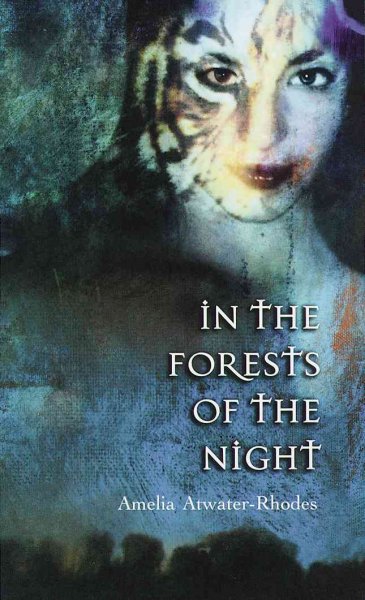
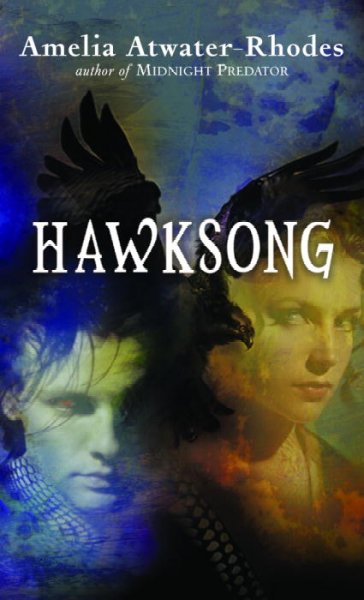
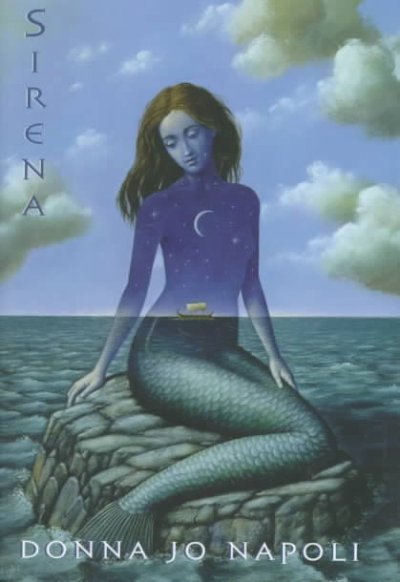
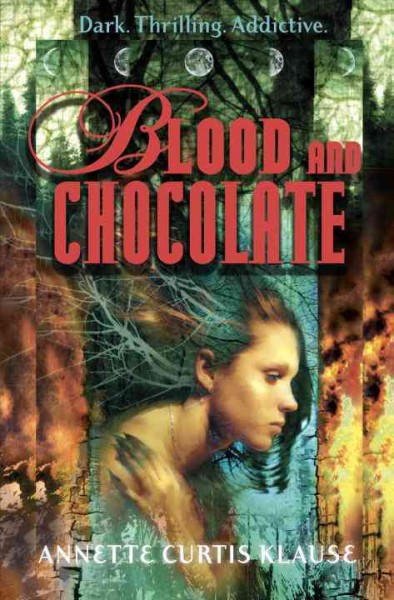
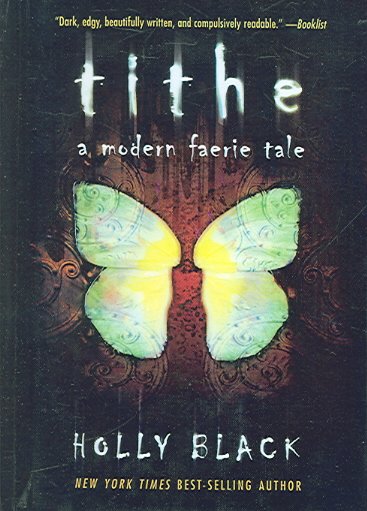




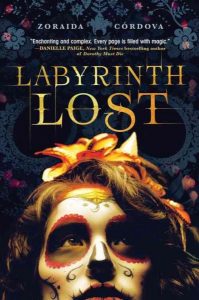
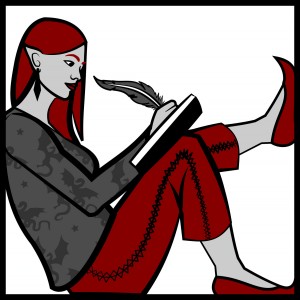

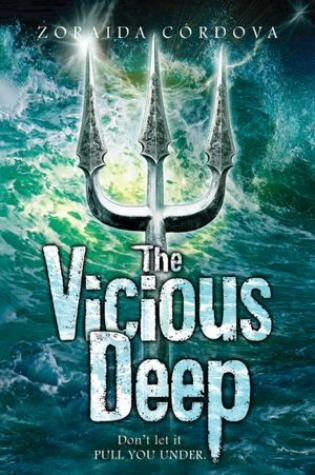 ZORAIDA: I’ve loved magical things from a very early age. I was hungry for it, but coming from an immigrant family that didn’t have access to books, I didn’t know where to look for it. My mom worked full time and so did everyone in my house, so when it came to reading, I was given contemporary “sad immigrant” narratives from very well-meaning teachers. I was very quiet back then because I’m sure if I had told my elementary school teacher “I want to read fairy tales instead of The House on Mango Street” she might’ve hooked me up with The Hobbit. What I did have were animated TV shows and magical movies. I discovered the library when I was 13 or 14 and I kept looking for stories with supernatural and magical elements. For me it was an escape from the mundane world. I loved them so much that I wanted to put my own spin on the worlds I grew up with.
ZORAIDA: I’ve loved magical things from a very early age. I was hungry for it, but coming from an immigrant family that didn’t have access to books, I didn’t know where to look for it. My mom worked full time and so did everyone in my house, so when it came to reading, I was given contemporary “sad immigrant” narratives from very well-meaning teachers. I was very quiet back then because I’m sure if I had told my elementary school teacher “I want to read fairy tales instead of The House on Mango Street” she might’ve hooked me up with The Hobbit. What I did have were animated TV shows and magical movies. I discovered the library when I was 13 or 14 and I kept looking for stories with supernatural and magical elements. For me it was an escape from the mundane world. I loved them so much that I wanted to put my own spin on the worlds I grew up with.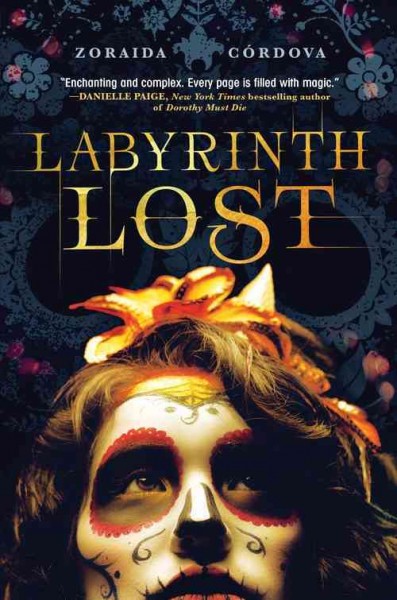
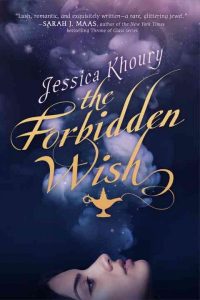
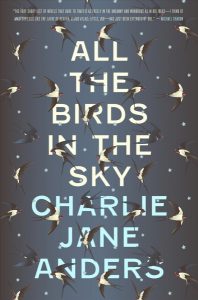
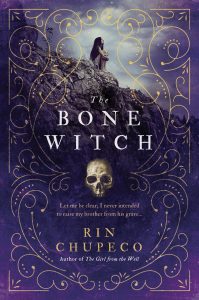


























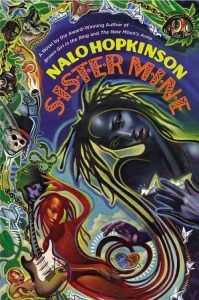
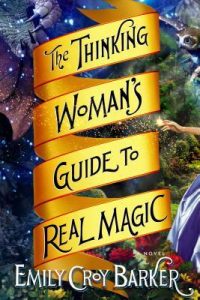
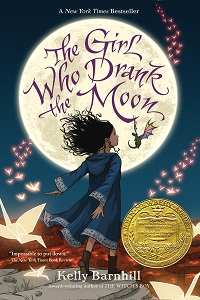

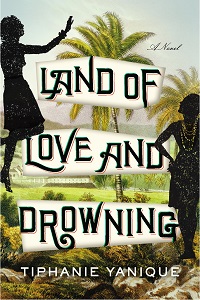



Connect with the Sirens community
Sign up for the Sirens newsletter